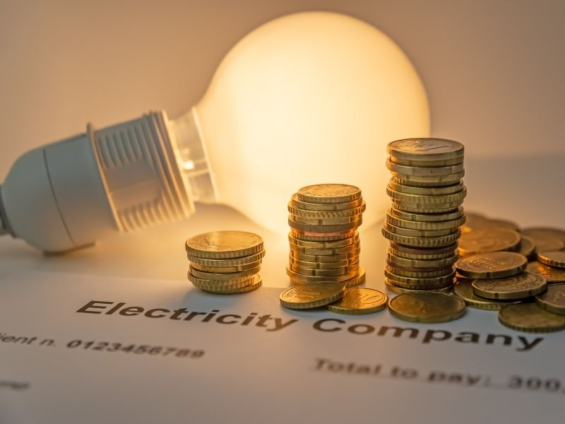Principal Statistician at the Ghana Statistical Service (GSS), John Foster Agyaho, says efforts by the Public Utilities Regulatory Commission (PURC) to mitigate the effects of the utility tariff upward adjustment may rather create more problems for the citizenry.
The PURC had announced that starting September 1, electricity tariffs and water tariffs will see an upward adjustment of 27.15% and 21.55% respectively; however, residential consumers are expected to pay higher tariffs in comparison to industrial consumers.
The PURC had defended this position by stating that this is geared towards ensuring that Ghanaians are incentivized to enter into production rather than just the social use of these utilities.
Speaking to JoyNews, the Director of Research and Corporate Affairs at PURC, Dr. Eric Kofi Obutey had explained that this was a way to sustain businesses especially during these tough times.
“What we are trying to do is to realign the tariff in such a way that we’ll get people to use the electricity for productive use and not just for social activities. So we try to encourage production, we try to encourage employment, for which reason we try to lower the tariffs for industrial class as compared to residential class,” he said.
However, reacting to the PURC’s stance, John Agyaho noted that despite businesses receiving the softer end of the deal, they would still adjust prices to take advantage of the upward adjustment, thus further contributing to inflation and worsening the plight of Ghanaians.
“I mean, we may put in the mitigating factor, that’s fine. And as we keep announcing these days… apart from the real factors that are affecting inflation, there’s this behavourial effect of the Ghanaian market women and market men.
“Yes, PURC may put in measures to try to cushion workers so they don’t go out of business, but the seamstress, the tailor, the shoe repairer, the TV repairer or the Fridge repairer once they’ve heard about increment in utility tariffs they also take advantage of the situation and even if they are not adversely affected, they go ahead to increase the prices.
“That’s aside the actual …effect we are envisaging. So yes, they may put in the process to make sure people don’t go out of business, but certainly the prices of goods will go up,” he explained.
Latest Stories
-
Expansion Drive: Takoradi Technical University increases faculties
2 hours -
SHS heads demand payment of outstanding funds before reopening of schools
2 hours -
We thank God for the 2024 general elections – Akufo-Addo
2 hours -
Coconut Grove Beach Resort marks 30 years of excellence with memorable 9 lessons & carols service
3 hours -
WAFU B U-17 Girls’ Cup: Black Maidens beat Nigeria on penalties to win inaugral tournament
3 hours -
Real Madrid beat Sevilla to keep pressure on leaders Atletico
4 hours -
Liverpool put six past Spurs to go four points clear
4 hours -
Manchester United lose 3-0 at home to Bournemouth yet again
4 hours -
CHAN 2024Q: ‘It’s still an open game’ – Didi on Ghana’s draw with Nigeria
5 hours -
CHAN 2024Q: Ghana’s Black Galaxies held by Nigeria in first-leg tie
6 hours -
Dr Nduom hopeful defunct GN bank will be restored under Mahama administration
6 hours -
Bridget Bonnie celebrates NDC Victory, champions hope for women and youth
6 hours -
Shamima Muslim urges youth to lead Ghana’s renewal at 18Plus4NDC anniversary
7 hours -
Akufo-Addo condemns post-election violence, blames NDC
7 hours -
DAMC, Free Food Company, to distribute 10,000 packs of food to street kids
9 hours

